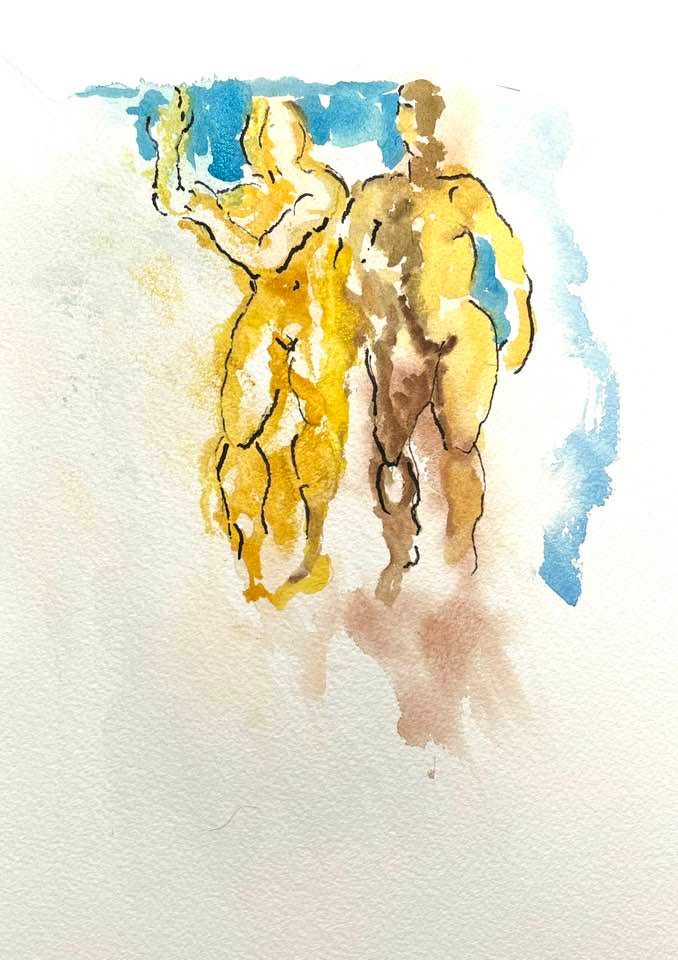This proxy war and the Global South.
First a word of thanks.
Yesterday Fred Klonsky in Retirement notched our 600th subscriber.
I’m very pleased that the information I provide and the opinions I share have gained a receptive audience.
Not all my readers agree with every opinion and who at the age of 75 can say they have never been wrong?
Certainly, not everyone has agreed with me about the pressing need to push the Biden administration to press for talks to end the brutal proxy war in Ukraine.
I say it is a proxy war because it is taking place in the context of and the result of contention between big powers who have interests that have little to do with Ukraine’s desire for self-determination and a respect for its national borders.
Nations in the Global South whose populations represent more than half the of the world’s people have resisted pressure to support one side or the other for precisely this reason.
These nations, many of which are former colonies of the current western alliance, have a basis to be suspicious when the U.S. and NATO countries make claims that they are defending independence and self-determination.
In May, Zelensky was invited to the G7 summit in Hiroshima, on the initiative of Japan, which was organizing the summit. There he was able to meet Indian Prime Minister Narendra Modi, but was turned down by Brazilian President Lula.
On September 9 and 10, at the G20 summit in New Delhi, India was hosting the event and Modi, a strong ally of the United States, decided not to invite Zelensky.
CNN reporting on the G20 summit:
After hundreds of hours of negotiations and more than a dozen drafts, representatives of the world’s richest nations faced a difficult choice late Friday evening: Accept watered-down language about Ukraine in a final G20 declaration, or have no declaration at all.
As the clock ticked down, the leaders chose the former, hoping to avoid open fractures within their group, a ding to the G20’s credibility and embarrassment for the summit’s host, Prime Minister Narendra Modi.
In doing so, the group was left with a statement that avoided any explicit condemnation of Russia’s invasion, opting instead for vows from the 20 member states to respect territorial integrity and work toward peace.




